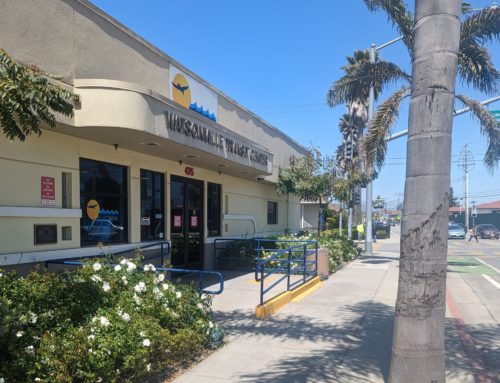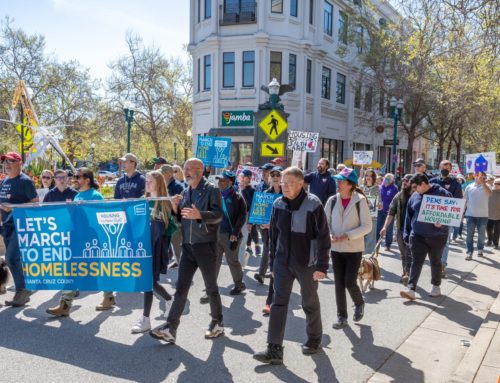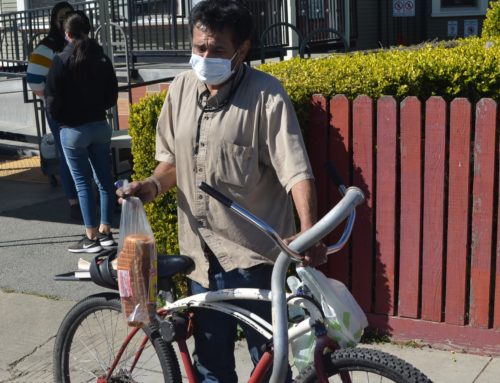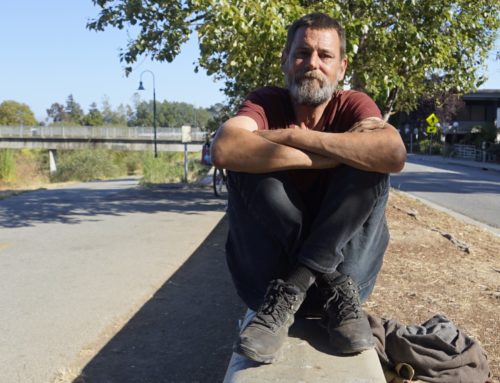Santa Cruz Local offers its Watsonville City Council meeting recaps free as a public service. We want everyone to know what happens in local government. It makes our community stronger.
Santa Cruz Local depends on memberships from people like you to make sure vital information can be available to all. Can we count on your help?
WATSONVILLE >> Watsonville leaders on Tuesday approved a roughly $41 million general fund budget that reduced police spending by $1 million, restored money for youth sports and tapped into a legal limit of $2.2 million in reserves to help cover its deficit.
City-organized youth sports had been cut in earlier versions of the budget because the state and county would not allow it with COVID-19 shelter orders, said Cindy Czerwin, the city’s finance director. Czerwin said Tuesday that $57,000 would be set aside for youth sports because state leaders hope to allow such activities in September.
“There is an incredible amount of uncertainty this year,” Czerwin told the council. “This is an incredibly complicated and fluid year.” She said she planned to return to the council with updated sales tax figures in August so the council could make potential budget revisions. The city cannot spend more than half of its reserves in a single year because of a 2018 city law.
The council voted 6-1 to adopt the budget. Councilmember Francisco “Paco” Estrada was the sole dissenter because he wanted police funding reduced or reconfigured.
COVID-19 and revenue
Czerwin said during Tuesday’s online city council meeting that Watsonville city revenue is different from Santa Cruz because it doesn’t generate nearly as much money from property taxes and tourism. It relies on sales tax receipts for about a quarter of the city’s revenue.
Sales tax revenue decreased 18% in the fiscal year that ends June 30. It is expected to decline 26% next fiscal year, Czerwin said. COVID-19 related shutdown orders slowed sales.
“Shop local and stop going to Costco and Amazon,” Councilmember Lowell Hurst said.
City Manager Matt Huffaker said the Watsonville residents account for nearly 50% of the county’s 322 cumulative COVID cases — although its residents are 20% of the county’s population.
Huffaker said city leaders could close parks around the Fourth of July if the COVID situation worsens. An Independence Day parade was canceled.
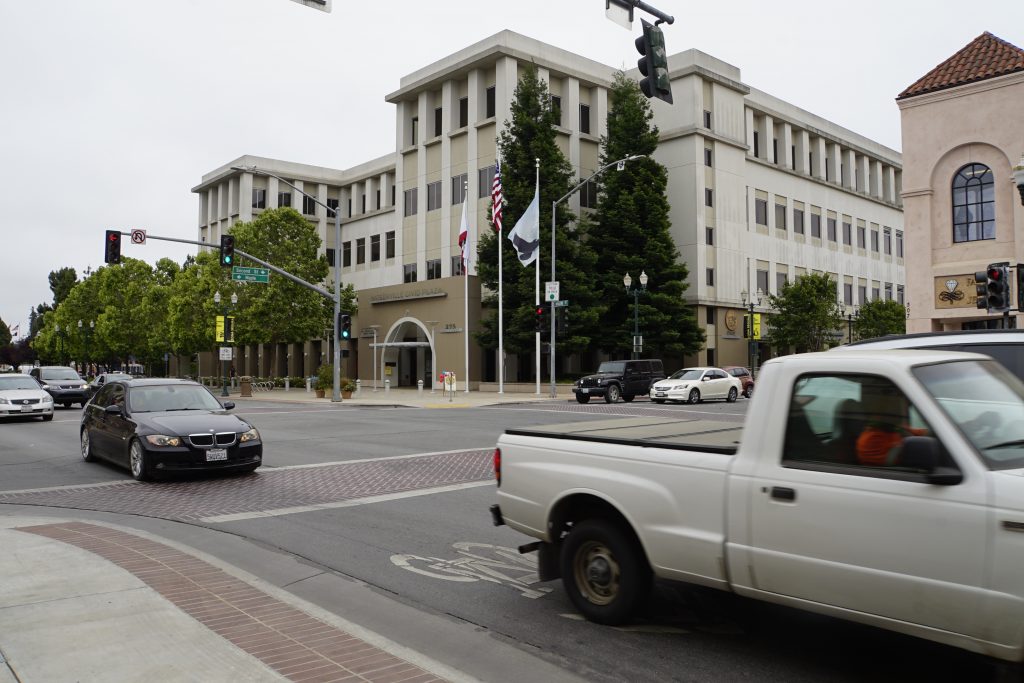
Police funding
Police funding dropped from about $22 million to $21 million in the adopted budget. Police service represents roughly 51% of the city’s $40.8 million general fund. Spurred by a national movement, several residents asked the council to reduce money for police and redirect it to community service groups.
“Crime is down, it has been down. So what is the justification for allocating all those funds to the police budget?” asked Vanessa Quiroz-Carter. “Those funds would be better spent and better utilized investing in our youth.”
Watsonville Police Chief David Honda said at the meeting that reported crime has fallen in the past four years in Watsonville. “Something is working,” Honda said. He mentioned the Caminos program, which diverts first-time youth offenders away from Juvenile Hall and toward addiction treatment, mental health care and other programs. Honda said Watsonville youths historically have been in the criminal justice system more than their peers from other areas of the county.
“I know the police department is very expensive. And unfortunately in most cases it costs a good chunk of the general fund budget,” Honda said. “I will agree with a lot of the community that we do spend too much on policing,” Honda said.
Honda said the tab is high in part because Watsonville police are the default agency to handle homeless and mental health-related calls. He said two officers specialize in mental health services. “There’s really no other valid options out there at this time. And trust me, my officers do not want to be using our resources to be dealing with a homelessness issue when it’s not a criminal issue— it’s actually a societal issue. It’s an economic issue. Same with mental health — that’s not a criminal thing, and unfortunately we are tasked with this when people are in crisis.”
Crisis intervention and “de-escalation” training costs money, Honda said. Two full-time police officers and a mental health clinician partnered with Santa Cruz County deal with mental health calls. Watsonville pays more than $450,000 annually for it, Honda said.
“Statistics have shown that most use of force in officer-involved shootings, more than half of those, have to do with mental health issues,” Honda said. He said the mental health program “has reduced the amount of force and critical incidents that we have to respond to as an organization.”
Councilmember Francisco “Paco” Estrada brought up the police funding issue with Honda during the budget consideration.
“We have a duty to our constituents and a moral duty to use what limited funding we have for what’s best for the community,” Estrada said. “The police force has been part of a system that has failed people of color for decades. But I also think it’s important that we take a step back and look at the entire system.”
For budget documents and details, visit here.
Stephen Baxter is a co-founder and editor of Santa Cruz Local. He covers Santa Cruz County government.


